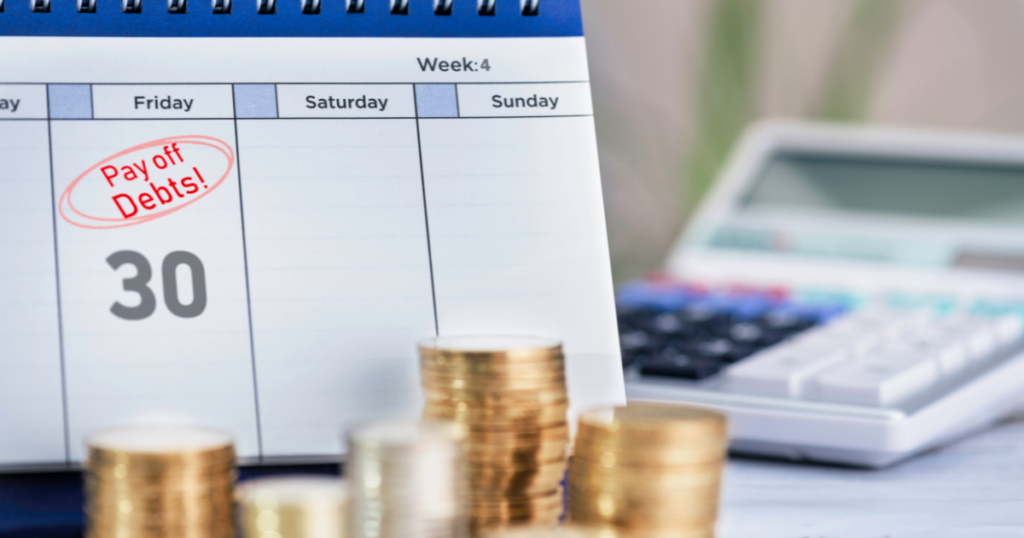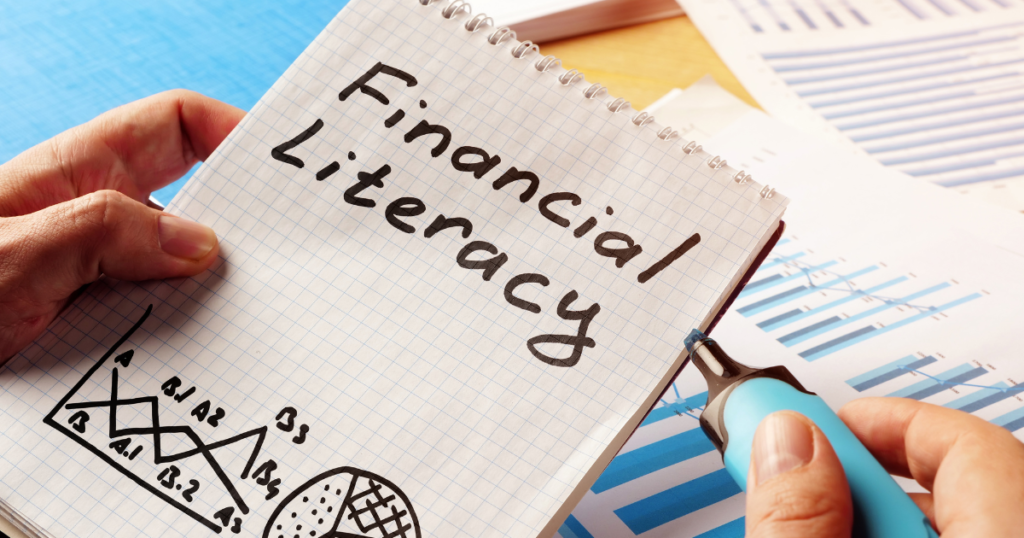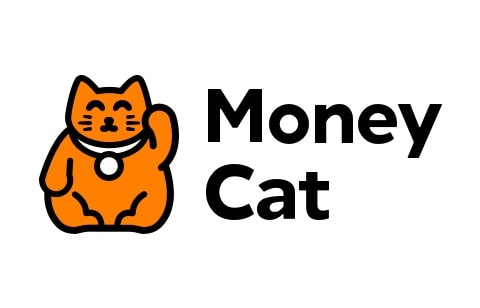Financial literacy for Filipinos is a rarely discussed topic in the country despite the Internet age. As a result, many of our fellow citizens are unaware of how to save money while struggling to settle their debts. They miss the opportunity to accumulate an emergency fund and become trapped in the vicious cycle of repayment and incurring new obligations.
Strategy is key to achieving this otherwise insurmountable obstacle. Strategizing your approach towards debt and savings helps you create a systemic plan. You should follow this plan to the letter if you want to be free from debt and be financially secure at the same time.
Tips to Strategize Paying Off Debts

As mentioned earlier, a good strategy is vital to achieving freedom from debt and ensuring peace of mind. There are so many ways to eliminate debt, but they only make sense when there’s a strategic plan in place. Otherwise, your efforts toward debt elimination will only be confused and ineffective.
Below are a few components that your debt reduction plan should include.
Create a Spreadsheet of Your Expenses
You cannot tackle a problem you don’t know the details of. Hence, your first move in reducing debt is knowing how much you owe. To do that, you will need to itemize everything on a spreadsheet.
You need to be very specific with the accounts, including your monthly operating expenses, aside from the debts you’re paying off. You should also specify the due dates to determine how much you need to settle and when.
Lastly, you should also specify each source of income that you have. Setting your revenues against your expenses will help you see if you’re still living within your means or going beyond. This way, you can decide how to cut costs and maximize your savings.
Prioritize Debts With Higher Interest or Premiums
Advocates of financial literacy for Filipinos suggest that debts with higher interest rates should be settled first instead of low-interest debts.
One reason is that these debts can consume a significant portion of your monthly budget. If you can remove these obligations from your plate, you can free up large amounts of money. You can either divert the cash to other debts or put it into savings accounts in the Philippines.
However, this only applies if you can make substantial monthly payments without breaking the bank. That is why some Filipinos prefer to address their “cheaper” debts first; it helps them feel more productive with their debt-elimination goals.
Remove Unnecessary Expenses

In most cases, being conscious of your debts is not enough. You can also make your finances leaner by removing expenses that are not considered essential. It’s easy to identify these because they are recurring costs that have no vital role in your everyday lives.
Are you paying for a monthly subscription to a streaming service you rarely use? That may be consuming funds you could have used for other essential purposes. By cutting that cost, you’re freeing up money that could help reduce your total debt burden and eventually lead to financial independence.
The same goes for an expensive Internet connection that only operates as a backup. You can consider cutting off that service and settle for prepaid Wi-Fi from Globe or Smart as an alternative. These services don’t require monthly maintenance; you only purchase load when using its internet connection.
Tips for Maximizing Savings
This may surprise some, but saving money is possible even in debt. Gurus preaching financial literacy for Filipinos encourage their students to set aside cash for a rainy day even while settling obligations exist.
Below are a few steps to maximize your savings, even though much of your income goes towards settling debt.
Create a Savings Budget

First, you have to set a goal for yourself. Given your limited funds, how much will you save each payday? That’s why listing everything you owe and every account you pay for every month is essential. Aside from identifying how much of your budget goes to your debts, it also shows how much cash you can free up for savings by cutting non-essential costs.
With that information, you can decide how much you want to set aside while giving yourself some cash to survive until the next payday. Because you’re still working on being debt-free, you don’t have to aim for a high amount at the beginning. Any amount will do; you can raise your monthly savings once you fully pay one or two debts.
Be Consistent
Once you’ve decided on a savings plan, you can train yourself to be consistent. Consistency means sticking to your monthly savings budget as much as possible. It’s very easy to be tempted to spend once you realize you’ve got some extra cash. Falling for this trap will only mean failure and continued financial hardships.
One of the sad facts about financial literacy in the Philippines is that Pinoys save last and spend first. In other words, our countrymen only save whatever is remaining a day before their next salary. However, the opposite is what you should be aiming for. After paying off your obligations for the period, commit to deposit to your savings account first and budget whatever remains.
Consider Investing in Mutual Funds and Time Deposits
Aside from putting cash into high-interest savings accounts in the Philippines, you might also want to consider letting that money rest in mutual funds and time deposit accounts. These can earn you more money in interest on top of your savings.
Mutual funds take your money, pool it with other people’s savings, and use the accumulated funds to invest in various instruments. These include but are not limited to, corporate stocks and government bonds. The combined performance of the investments drives the value of your savings every month.
On the other hand, time deposits award a fixed interest rate on your savings that you can collect once the account matures. The rate depends on how long you let the money rest in the time deposit account, but it is typically higher than regular savings accounts offer. The amount of money you deposit also determines your interest rate and earnings.
Mutual funds carry more risk than time deposit accounts but can offer higher growth rates. On the other hand, time deposits are perfect for people with lesser-risk appetites who still want higher interest earnings on their money.
The Bottom Line
Discipline and consistency are the keys to balancing debt and savings. Once you’ve decided on the monthly savings amount you want to set aside, you should stick to it as much as possible. This is the only way to ensure you have funds set aside as a buffer against emergencies.
At the same time, you have to discipline yourself to make your monthly debt payments. Not only do you take yourself one step closer to becoming debt-free, but you’re also helping yourself build a good credit score.
It takes time to develop, but discipline, consistency, and a good strategy can make saving money while deep in debt possible.
First loan 0% fees 97% recommended Repayment: Up to 30 days Age: 21-70 years old Up to P25,000 Best Choice |
Interest Rate 0% at first loan 98% recommended Repayment: Up to 30 days Age: 20-65 years old Up to P20,000 Super Fast |
Waiting Time Instant Approval 95% recommended Repayment: Up to 180 days Age: 21-70 years old Up to P20,000 Best Loan |






